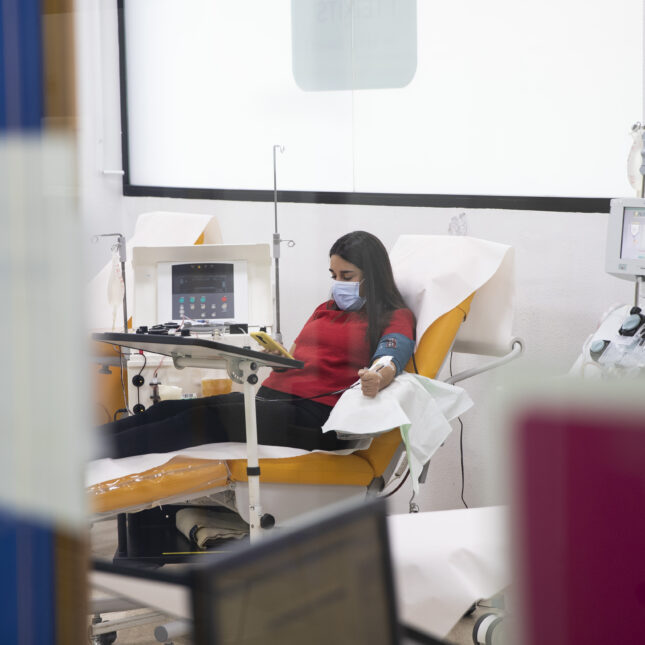
Cutting-edge FDA-approved therapies made from human cells are now being used to treat cancer, diabetes, and other diseases. Currently, most approved cell-based therapies use an individual’s own cells, but the next generation of these therapies will be made from donor-derived blood and tissue.
That raises critical questions about how to recruit, retain, and fairly compensate donors while ensuring their safety throughout the donation process. As the chief business officer of a company that provides tissue sourcing services to support cell and gene therapy developers around the globe, I believe that the industry must demonstrate ethical leadership on behalf of donors while regulators develop clearer and better-harmonized rules.
Compensating donors for cell donations
Commoditizing human parts conjures up images of shady deals and stolen organs, though the reality is more benign than that. Yet concerns about cell and tissue donation haven’t led to a consistent ethical framework, especially around compensation.

This article is exclusive to STAT+ subscribers
Unlock this article — plus in-depth analysis, newsletters, premium events, and news alerts.
Already have an account? Log in
To submit a correction request, please visit our Contact Us page.










